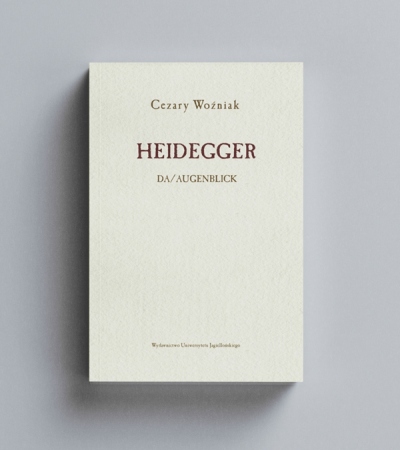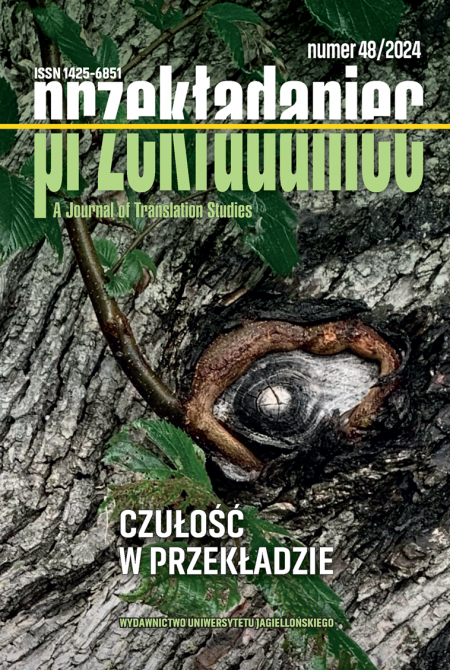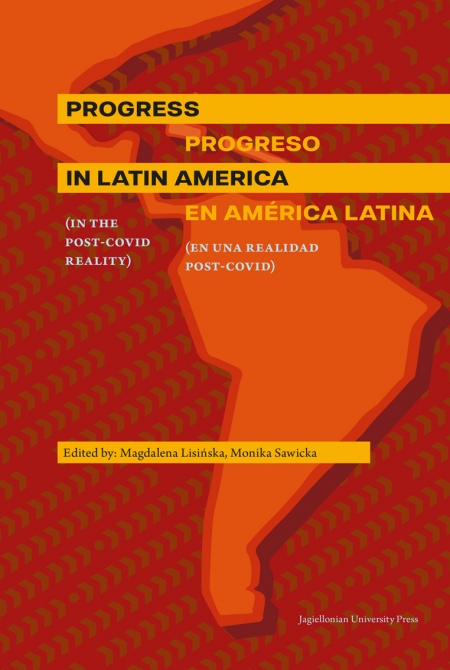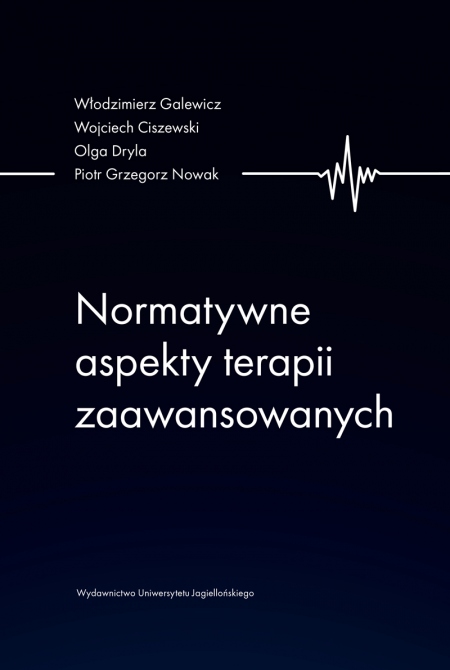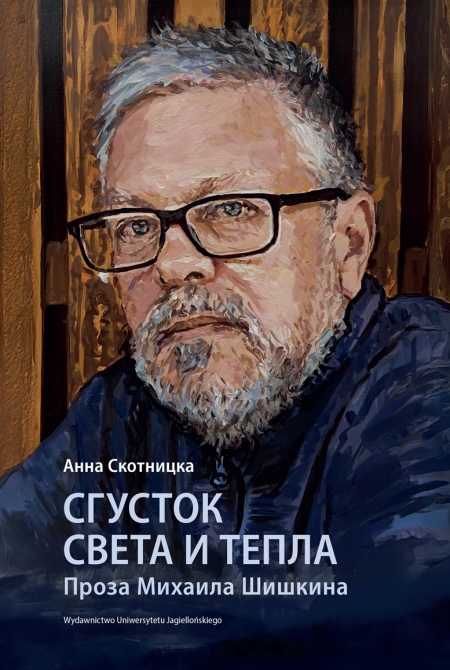
Spektrum immanencji
Pages: 236
Book format: 14,8 x 20,8 cm
Publication date: 2024
Publication date: 25.09.2024
Book description
The texts collected in this book have been written over the last several years and, in a more or less direct way, they concern the question of immanence. According to Deleuze and Guattari (What is philosophy?), we can only talk about the plane of immanence when what is immanent is no longer immanent to anything other than itself. Immanence would be the unthinkable on every thinkable plane. Immanence can also be understood as something prior to any conceive of it.
Deleuze, who saw Spinoza as a precursor of immanence thinking, claimed that the issue of immanence becomes prominent in contemporary philosophy when phenomenology confronts metaphysics. However, in the lecture The End of Metaphysics and the Task of Thinking by Heidegger we read: "Metaphysics, probably being at the final stage of its history, does not allow for the emergence of another way of thinking, even though it is." Heidegger probably had in mind his own late thinking here, but also the departure from philosophy and the transition to non-philosophy that Laruelle makes can also be understood as a manifestation of this other thinking, thinking that wants to break with philosophy as metaphysics. The status of philosophy in their thinking becomes problematic, and philosophy itself seems to disappear in favor of other way of thinking, thinking beyond philosophy, and perhaps even in contemplation.
So how can we think today at all, how can we think immanence, if it is to be the object of this thinking or even the expression of immanence itself? This book is rooted in these questions. The reader will notice certain interwoven threads or points of condensation of the discourse that develops there, starting from the text devoted to transcendence and the desire for presence. These would be primarily issues of the status and limits of philosophy, the possibility of thinking differently outside philosophy, immanence and transcendence, metaphysics, primordiality and the possibility of its experience, language and silence, as well as art. While the aim of these texts would be to think through these issues as radically as possible, but also to integrate this reflection into a whole, they also take on a dialectical character, creating a certain spectrum of immanence, the dialectic of which - spectral dialectic - was presented in the last of them.
Deleuze, who saw Spinoza as a precursor of immanence thinking, claimed that the issue of immanence becomes prominent in contemporary philosophy when phenomenology confronts metaphysics. However, in the lecture The End of Metaphysics and the Task of Thinking by Heidegger we read: "Metaphysics, probably being at the final stage of its history, does not allow for the emergence of another way of thinking, even though it is." Heidegger probably had in mind his own late thinking here, but also the departure from philosophy and the transition to non-philosophy that Laruelle makes can also be understood as a manifestation of this other thinking, thinking that wants to break with philosophy as metaphysics. The status of philosophy in their thinking becomes problematic, and philosophy itself seems to disappear in favor of other way of thinking, thinking beyond philosophy, and perhaps even in contemplation.
So how can we think today at all, how can we think immanence, if it is to be the object of this thinking or even the expression of immanence itself? This book is rooted in these questions. The reader will notice certain interwoven threads or points of condensation of the discourse that develops there, starting from the text devoted to transcendence and the desire for presence. These would be primarily issues of the status and limits of philosophy, the possibility of thinking differently outside philosophy, immanence and transcendence, metaphysics, primordiality and the possibility of its experience, language and silence, as well as art. While the aim of these texts would be to think through these issues as radically as possible, but also to integrate this reflection into a whole, they also take on a dialectical character, creating a certain spectrum of immanence, the dialectic of which - spectral dialectic - was presented in the last of them.
ISBN: 978-83-233-5402-4
e-ISBN (pdf): 978-83-233-7582-1
Country of producer: Poland
RECOMMENDED BOOKS
105.00
zł
84.00
zł
NEW BOOKS

Spektrum immanencji
Choose chapters to buy:
Order value:
0.00 zł

